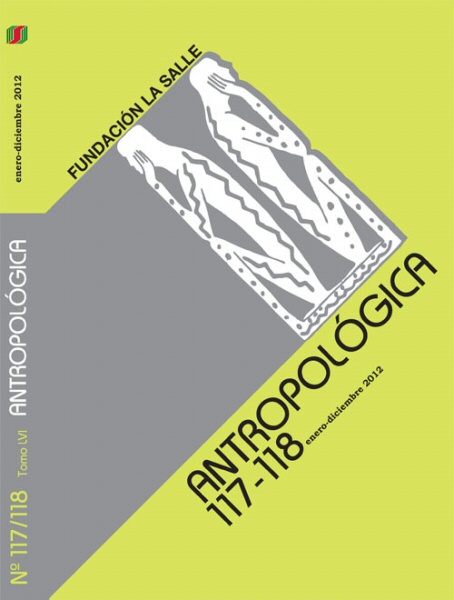Ritual Economy: Dynamic Multi-Scalar Processes of Socio-Political Landscapes in the Eastern Guiana Highlands
Palabras clave:
Northern Amazonia, social houses, historical demography, ritual economy, multi-scalar approach, norte de Amazonia, viviendas comunales, demografía histórica, economía ritual, enfoque multi-escalarResumen
Abstract. For the last two decades the standard model of tropical forest cultures has been assessed critically, and the current article is a contribution to the exploration of new directions in Amazonian anthropology. This study aims to further an understanding of indigenous Amazonian socio-political organization in Guiana, and therein the role of houses as built structures and social constructs. To understand the resilience of roundhouses and social houses during centuries of globalization processes, it is needed to acknowledge the role of the Wayana roundhouse (tukusipan), and to reconceptualize basic social and historical processes. Rather than perceiving the Wayana community as a ‘house society’ or ‘micro-cosmos’ where all members reside in conviviality, I argue for a multi-scalar and historically dynamic conceptualization of a heterarchical society of social houses. Wayana roundhouses are the hub during ritual gatherings, particularly during the grand maraké (ëputop). As not every settlement owns a roundhouse, this implies that not every Wayana settlement is an autonomous unit, at least ritually speaking, hence the foregrounding of a ‘ritual economy.’ Acknowledging such a frictional, ranked and regionally integrated society has ramifications for the conventional model of tropical forest cultures along with the understanding of socio-political landscapes in the Eastern Guiana Highlands.
Economía Ritual: Procesos dinámicas a multi-escala del paisaje socio- político en las tierras altas de Guayana Oriental.
Resumen. Durante las últimas dos décadas el modelo estándar de las culturas de los bosques tropicales ha sido evaluado críticamente, y el presente artículo es una con- tribución para la exploración de nuevas direcciones en antropología amazónica. Este estudio tiene como objetivo avanzar en la comprensión de la organización sociopolítica indígena amazónica en la Guayana, especialmente en el rol de las viviendas como estructuras construidas tanto como constructos sociales. Para entender la resilencia de las viviendas.

